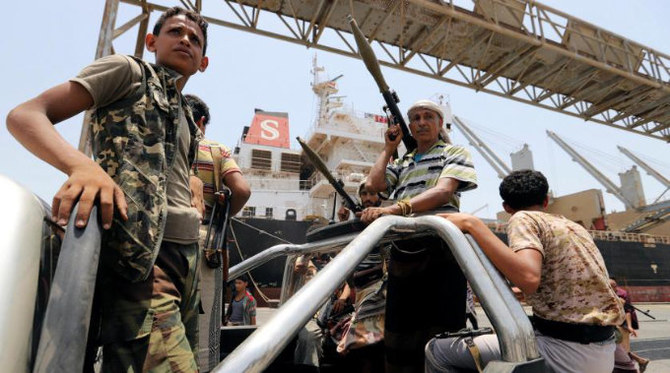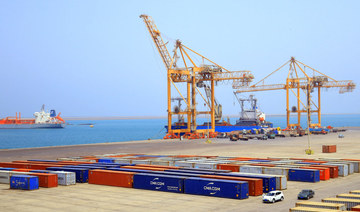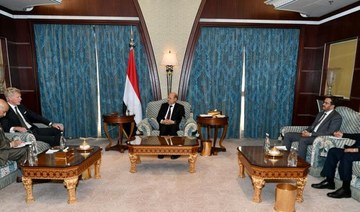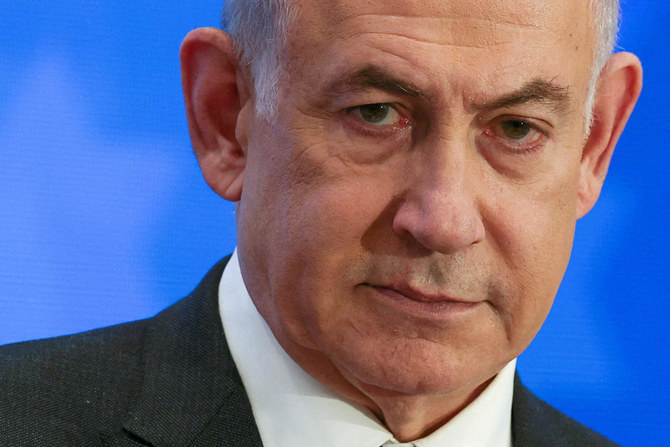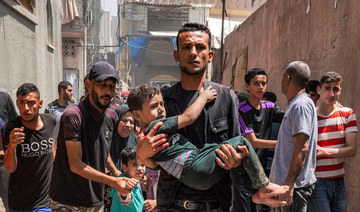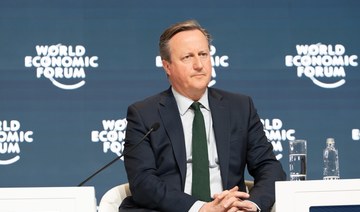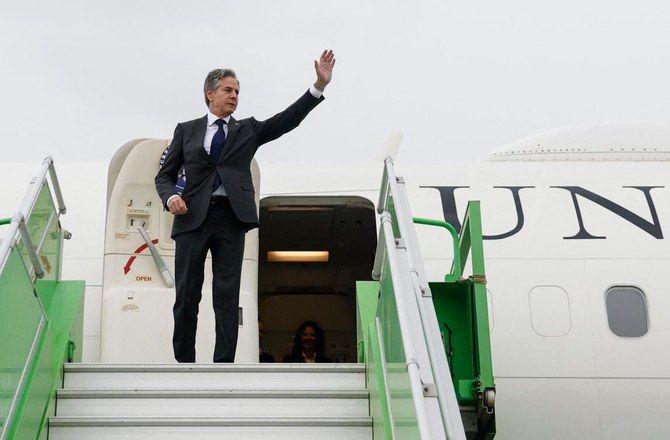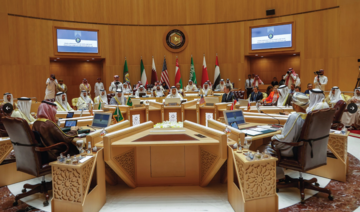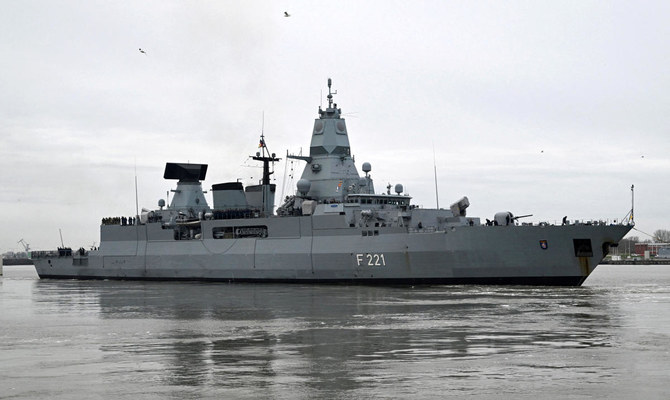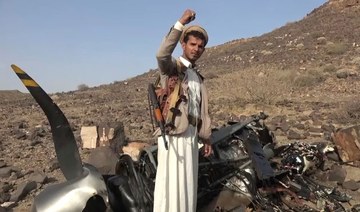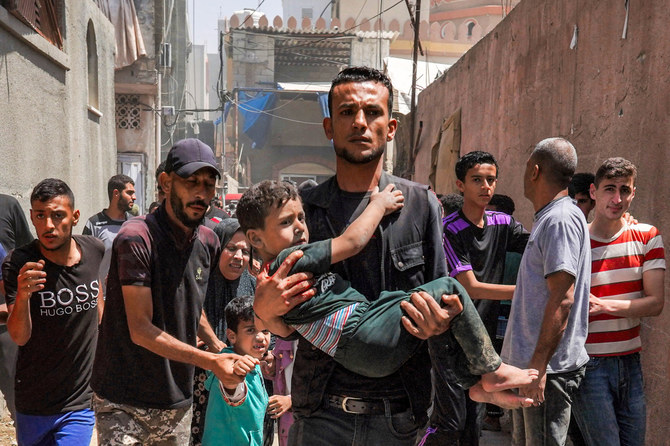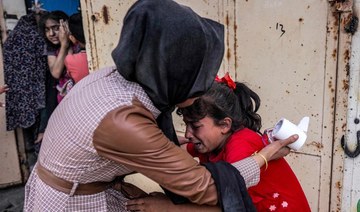AL-MUKALLA: Yemen’s information minister has called for stronger international action to rein in Iran’s destructive activities, warning that Iran is arming the Houthis to weaken the country and gain control over international trade and energy through the Red Sea.
Muammar Al-Eryani wrote for the Atlantic Council that Iran is establishing a Yemeni Hezbollah model by arming and financing the Houthi militia with the goal of seizing control of Yemen and using it as a launching pad for attacks against neighboring countries and international maritime activities via Bab Al-Mandab and the Red Sea.
“The international community seems indifferent to the risks of Iranian hostile behavior and intrusion through its support of Yemen’s Houthi rebels and efforts to clone another Lebanese Hezbollah in Yemen,” the Yemeni minister said.
“The Iranian regime’s interest in Yemen goes beyond the country’s internal conflict. It also seeks to impose its influence on the south of the Arabian Peninsula and to tighten its control over the 2,500 km-long coastal strip along the Red Sea, the Arabian Sea, the strategic Bab Al-Mandab Strait and the Indian Ocean.”
FASTFACT
Despite mounting international pressure, the Houthis have refused to lift their seven-year siege of Taiz, Yemen’s third largest city, and have instead held military parades and mobilized forces outside key cities.
For more than a decade, Yemeni government officials have accused the Houthis of receiving military know-how, funds and political support from the Iranian regime, enabling them to challenge the government and militarily seize power in Yemen in 2014.
Al-Eryani expressed concern about a potential deal between world powers and Iran over its nuclear program, which would result in the release of billions of dollars in frozen assets that Iran would use to fuel the Yemen war by pressuring the Houthis to reject peace initiatives and strengthen Houthi military capabilities.
“Over the years, the Houthis have taken advantage of Iran’s resources and support to transform from a rebel group in the far north of Yemen into a military arm of the Islamic Republic that conducts proxy wars in the region,” he said.
The Yemeni minister warned that allowing the Houthis — who refuse to adhere to the UN-brokered truce and other peace efforts to end the war — to possess advanced weaponry would be disastrous for the world.
“This threat impacts the global trade movement in the Red Sea and Bab Al-Mandab Strait, global energy security, and regional and international peace and security,” he said.
Under the UN-brokered deal, the Yemeni government agreed in April to stop fighting, allowing commercial flights to leave Houthi-held Sanaa, facilitating the arrival of fuel ships to Hodeidah, and engaging in direct talks with the Houthis to open roads in Taiz and other provinces.
Despite mounting international pressure, the Houthis have refused to lift their seven-year siege of Taiz, Yemen’s third largest city, and have instead held military parades and mobilized forces outside key cities.
Meanwhile, Western envoys have praised Yemen’s internationally recognized government for allowing more fuel ships into Hodeidah port, despite Houthi violations of the UN-sponsored fuel import agreement.
“The EU welcomes the gesture of President Rashad Al-Alimi to facilitate the entry of fuel ships in the port of Hodeida,” the EU mission in Yemen said on Twitter, referring to the president of Yemen’s Presidential Leadership Council. “The EU expects that the Houthis will emulate his gesture of goodwill for the sake of the #Yemenis at this critical juncture, respecting the truce, its terms and mechanisms and avoiding acts undermining it.”
Steven H. Fagin, the US ambassador to Yemen, described the president’s approval of allowing fuel ships into Hodeidah as a positive gesture toward the UN-brokered truce and peace efforts to extend the truce and end the conflict.
“The president’s decision creates an opening for renewed UN efforts to extend and expand the truce, and we call on all parties to engage in this process with good faith and renewed commitment to bringing peace and relief to the Yemeni people,” the US ambassador said in a statement, criticizing the Houthis for creating delays in the previous process of fuel imports, driving up energy prices and causing a fuel crisis in Houthi-controlled areas.
“The Houthi delay on fuel ships had negative humanitarian impacts in elevating oil prices and limiting supply of fuel for vital public services including hospitals,” he said.



